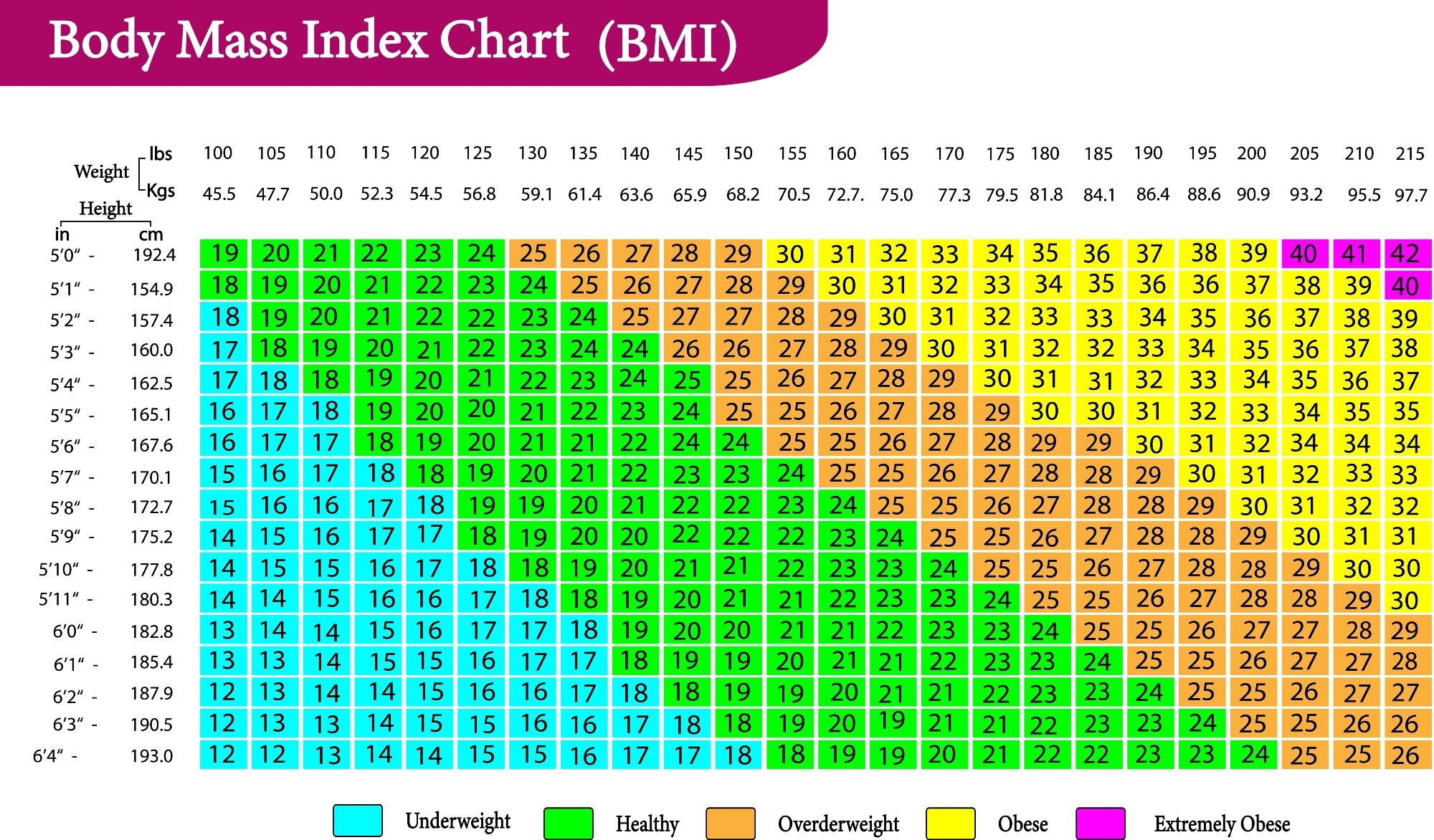Their findings indicate that higher BMI during early adulthood is associated with a higher risk of developing cardiovascular diseases, suggesting that early adulthood is a critical period for obesity prevention and weight management to promote cardiovascular health in later life.
 Study: Early adulthood BMI and cardiovascular disease: a prospective cohort study from the China Kadoorie Biobank. Image Credit: ProfDesigner / Shutterstock
Study: Early adulthood BMI and cardiovascular disease: a prospective cohort study from the China Kadoorie Biobank. Image Credit: ProfDesigner / Shutterstock
Background
Obesity among middle-aged adults is an established risk factor for cardiovascular diseases leading to early mortality, but less is known about the impact of weight during early adulthood. Early adulthood, often a critical period for gaining weight, has seen a global increase in obesity and overweight rates.
For instance, in China, the average BMI for people between 18 and 39 years old rose from less than 22 kg/m² in 1993 to over 23 kg/m² in 2015. Previous research in Western countries suggests that obesity and overweight during early adulthood may lead to various health issues, including cardiovascular diseases, but there is limited evidence from Asian populations.
Asian individuals often have higher abdominal obesity and body fat compared to White people who have comparable BMIs, increasing their risk of developing cardiometabolic disease at lower levels of BMI. The relationship between underweight and cardiovascular risks is unclear, with studies showing mixed results. Additionally, there is a need for more data on hemorrhagic stroke, particularly in China, where it is more common.
About the study
Researchers followed participants aged 30–79 from five urban and five rural areas. Between 2004 and 2008, participants were surveyed and provided information through interviews, physical measurements, and written consent.
Individuals with histories of heart disease, stroke, cancer, or diabetes at baseline were excluded, as well as those aged outside the 35–70 range or missing BMI data at age 25. Early adulthood weight was self-reported, and BMI was calculated from this weight and baseline height. Lifestyle factors such as smoking, drinking, physical activity, and diet were assessed through questionnaires.
The study's primary outcomes were the incidence of cardiovascular diseases, including ischaemic heart disease, hemorrhagic stroke, and ischaemic stroke, tracked through disease and death registries and health insurance claims.
Researchers used a Cox proportional hazards regression model to determine the relationship between a variable (like BMI) and the time it takes for an event to occur (like developing heart disease) while accounting for other factors.
This model allowed them to adjust for differences in sex, education, marital status, hypertension, and family history to make their findings more accurate. They also looked at specific groups and did additional tests to see how weight changes, age, and midlife lifestyle habits might affect the risk of cardiovascular diseases.
Findings
After excluding individuals who had heart disease, stroke, transient ischemic attack, cancer, or diabetes, the final sample included 360,855 participants. The participants' average age was 50 years, with 42% male and 58% female. The participants had a mean BMI of slightly less than 22 kg/m² in early adulthood and nearly 24 kg/m² in middle adulthood.
Almost half maintained BMI levels under 24 kg/m² at both points, while 26% who were initially classified as normal or underweight became overweight, and 6% became obese. Higher BMI during early adulthood was linked to lower education levels, higher hypertension prevalence, and increased BMI during middle adulthood.
Throughout the 12-year median period for follow-up, 7% of participants died from any cause, and almost 2% from cardiovascular diseases. Overall, researchers recorded 57,203 cases of cardiovascular disease, 29,718 of which were ischaemic heart disease, 30,192 were due to ischemic stroke, and 5,978 were due to hemorrhagic stroke.
Cardiovascular disease risk was positively associated with BMI during early adulthood, with participants having a BMI of over 30 kg/m² experiencing a 58% higher risk than those with a lower BMI. Obesity, defined as having a BMI over 28 kg/m² during early adulthood, was linked to a 39% higher probability of developing cardiovascular disease.
Higher BMI during early adulthood correlated with elevated risks for ischemic heart disease, ischemic stroke, and hemorrhagic stroke. Additionally, underweight was linked to a slightly lower risk of developing ischemic stroke and ischemic heart disease.
Conclusions
The study identified a positive association between higher BMI during early adulthood and increased risks of developing cardiovascular disease in the Chinese population, aligning with US and European findings. The study's strengths include large sample size and extended follow-up, though limitations include reliance on self-reported weight and lack of dynamic weight data.
The findings emphasize the importance of weight management during early life in preventing cardiovascular disease, highlighting a need for initiatives targeting young adults. Future research should address early adulthood lifestyle factors and dynamic weight changes for a more comprehensive understanding.
Journal reference:
- Early adulthood BMI and cardiovascular disease: a prospective cohort study from the China Kadoorie Biobank. Chen, Y., Yu, W., Lv, J., Sun, D., Pei, P., Du, H., Yang, L., Chen, Y., Zhang, H., Chen, J., Chen, Z., Li, L., Yu, C., China Kadoorie Biobank Collaborative Group. The Lancet Public Health (2024). DOI: 10.1016/S2468-2667(24)00043-4, https://www.sciencedirect.com/science/article/pii/S2468266724000434